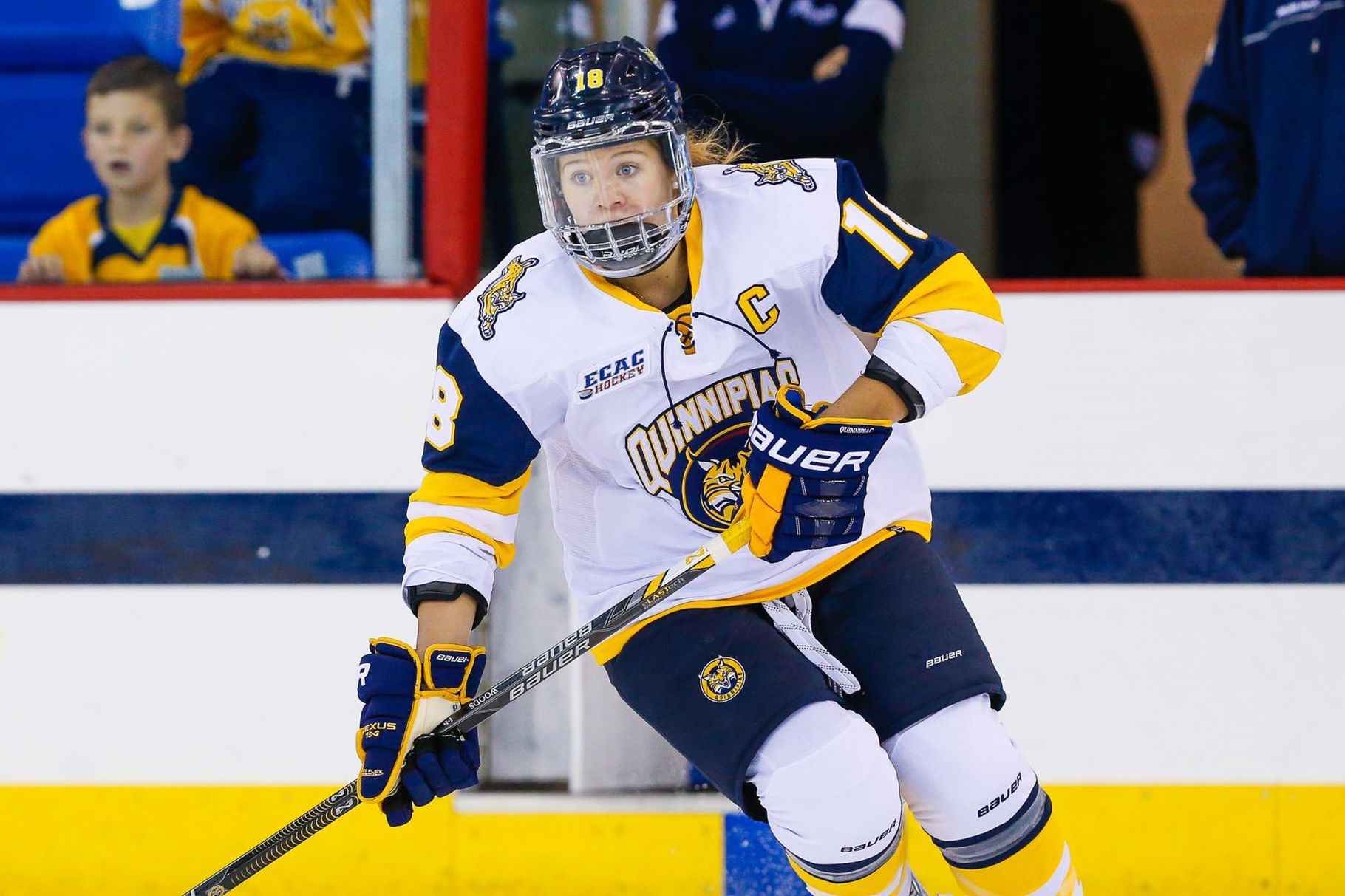

When Lou Lamoriello hired Barry Trotz as head coach of the New York Islanders in June 2018, it signaled a recommitment to winning and recapturing the glory of championships past. With new ownership in place and an arena in Belmont on the way, things looked up for the Islanders. For the first time in decades, the organization had certainty and clear direction for sustained success.
Trotz held up his end of the bargain, winning a Jack Adams Trophy his first year at the helm. He then led the Islanders to the third round of the Stanley Cup playoffs in consecutive years, before falling to the eventual champion Tampa Bay Lightning both times. A system built on sound defense and stout goaltending formed the identity of the club and elevated the overall play on the ice.
Given the recent success and newfound stability, it was hard to fathom that Lamoriello would choose to part ways with Trotz even after a down season in 2021-22. But on Monday he decided the club needed a new voice to guide behind the bench and their missed playoff appearance was not an aberration. Lamoriello believed change was necessary, not only at the head coaching position but also in their approach to defense and the play of their forwards.
The firing of Trotz took Islanders fans by surprise since they held him in the highest regard. Not since the retirement of Al Arbour following the 1993-94 season had the Islanders employed a head coach with similar credentials or credibility. The attention to detail and discipline from Trotz was a stark contrast to previous Islanders head coaches who had not yet built an extensive coaching resume. Having a proven leader was their preferred option.
The Islanders’ 2021-22 season began inauspiciously with a 13-game road trip before the opening of UBS Arena. After splitting their first ten games, the Isles hit a wall, going 11 consecutive games without a victory from early November and into early December. A COVID outbreak followed, sidelining key contributors and the fate of the season became clear. The Islanders finished with a 37-35-10 record (84 points) and missed the playoffs for the first time in four seasons.
The win now environment in pursuing a Stanley Cup had Trotz turning to veteran players such as Josh Bailey and Kyle Palmieri at the expense of developing youngsters like Oliver Wahlstrom and Kieffer Bellows. The Islanders also saw their goals-against average drop from 2nd to 10th in the league and their scoring output stagnate. Residual fatigue from deep playoff runs the past two seasons also bred regression for the Islanders, who began the season as the oldest team in the league at 28.9 years of age.
Lamoriello valued experience and proven talent as well, bringing in former Devils Andy Greene and Zach Parise and signing 44-year-old defenseman Zdeno Chara. The Islanders however lacked a consistent scoring threat to complement the breakout season of Brock Nelson, who set a career-high in goals (37) and points (59). The losses of Jordan Eberle to Seattle in the expansion draft and the trade of defenseman Devon Toews to Colorado a year earlier limited their depth and drew criticism of Lamoriello.
A quick trigger on head coaches was a common theme for Lamoriello when he was in New Jersey. Lamoriello famously dismissed Robbie Ftorek in the final weeks of the 1999-00 regular season before assistant Larry Robinson led the Devils to the Stanley Cup title. From 1998 through 2011, no head coach lasted over three years in New Jersey, despite their championship culture. Trotz’s firing conjures similar memories and a familiar strategy for the Hall of Fame executive.
The aim for the Islanders as they move forward from Trotz is getting more consistent production from each unit and that a change in direction can help a player such as Mathew Barzal, whose most productive season came when he won the Calder Trophy in 2017-18 under former head coach Doug Weight. The Islanders also have some tough decisions to make with just $12 million of available cap space and several veterans under contract for next season.
Although the Trotz era ended quicker than expected on Long Island, his time is looked at fondly. Trotz’s. 587 winning percentage in four seasons is the second-highest in franchise history behind Arbour, along with his 28 playoff wins. The Islanders reached the conference final for the first time since the 1992-93 season in his second season as head coach. The winning culture Trotz established during his Isles tenure is the challenge for the next head coach to cultivate while attempting to return to playoff contention.